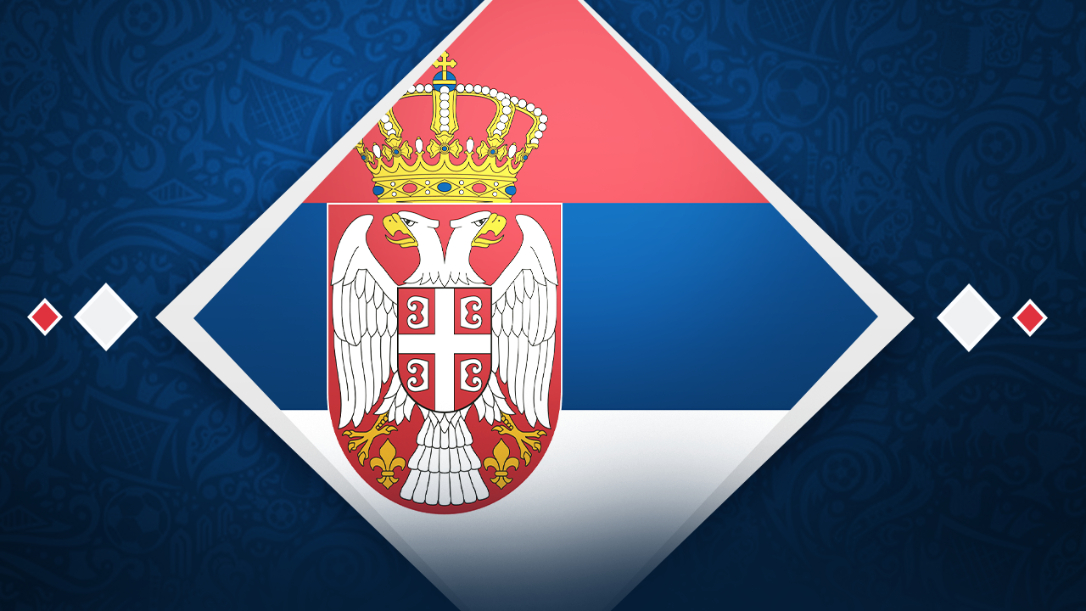On the night of October 14th, 2014, football was brought to a dramatic halt in Belgrade, Serbia, as a European Championship qualifier between Serbia and Albania descended into chaos.
At around 9:25 p.m., the match at the historic Partizan Stadium had barely settled when an unexpected interruption transformed the game into an international flashpoint.
The two Balkan nations share a deep and bitter history, including centuries of conflict and most recently the Kosovo War in 1999. That war, waged between Serbian forces and Kosovo’s ethnic Albanian population, led to thousands of deaths and NATO’s controversial bombing campaign over Serbia. Kosovo declared independence in 2008—a move Serbia refuses to recognize to this day. Despite their history, UEFA didn’t separate the two nations in the Euro 2016 draw as they had done for other politically tense pairings like Armenia vs. Azerbaijan or Ukraine vs. Russia. Although deemed high-risk, and with away fans banned, the match went ahead in a charged atmosphere.
As the stadium crowd in Belgrade jeered Albania’s national anthem and shouted violent slogans, tension was already running high. But it was in the 42nd minute that a surreal and now infamous moment stunned the football world: a quadcopter drone appeared above the pitch, carrying a red-and-black flag emblazoned with Albanian nationalist symbols and the word “Autochthonous”—derived from Greek, meaning native.
When Serbian defender Stefan Mitrović grabbed the flag, a melee broke out between players, fans, and security. The pitch was invaded, and several Albanian players were attacked. The match was immediately abandoned, and Serbian police launched a hunt for the drone operator, suspecting a political provocation.
The Man Behind the Drone
In the chaos, Serbian authorities speculated wildly. Some blamed Albanian state actors, others suspected CIA or NATO involvement. But the truth was far stranger—and more personal.
The drone pilot was not a politician, a spy, or a professional provocateur. He was Ismail Morina, a working-class crane operator living in Italy. A passionate fan and member of the Albanian ultra group, the Red and Black, Morina had been stewing for years over an incident in 2010 when Serbian hooligans burned an Albanian flag at a match in Italy. When the Euro 2016 draw paired Serbia and Albania, he hatched a bold revenge plan.
After witnessing kids fly drones in a park, Morina taught himself to pilot one. He designed his custom flag, scouted the Partizan Stadium in advance, and found his launch point—the Church of the Archangel Gabriel, just meters away. On match day, he waited 17 hours in hiding before launching the drone at just the right moment.
The plan worked—too well.
Hero to Some, Criminal to Others
Though Morina escaped into Kosovo and later returned to Italy, he was thrust into the spotlight as a national hero in Albania. The image of the drone became iconic, appearing in music videos and on merchandise. Yet not all Albanians were thrilled. When the return fixture between Albania and Serbia approached in 2015, Albanian authorities, fearing a repeat, arrested Morina on charges of illegal weapons possession—a thinly veiled attempt to keep him off the radar during the sensitive match.
Meanwhile, UEFA’s disciplinary ruling was contested. Originally, Serbia were awarded a 3-0 victory, but the decision was reversed on appeal. Serbia were docked three points and forced to play two matches behind closed doors, and Albania went on to qualify for their first ever major tournament at Euro 2016.
A Long Road Back
Morina’s troubles didn’t end there. In 2017, while trying to return to Italy undocumented, he was detained in Croatia. To his shock, Serbia had filed an Interpol Red Notice for his arrest. Fearing for his life if extradited, Morina languished in jail as Albania and Croatia clashed diplomatically with Serbia. In July 2018, after a tense standoff, Morina was released and returned to Milan.
Today, he remains in Italy—free but cautious. He still receives death threats, including from the Serbian mafia, but he doesn’t regret his act, which has since been hailed as one of the boldest acts of trolling in football history.
Conclusion
The Serbia vs. Albania drone incident wasn’t just a bizarre football moment—it was a flashpoint that laid bare deep political wounds and the combustible mix of nationalism and sport. Ismail Morina’s airborne protest reverberated far beyond the pitch, making headlines around the world and forcing UEFA to rethink how it handles political tensions in international football. It was, in every sense, the match that never really happened—but will never be forgotten.







